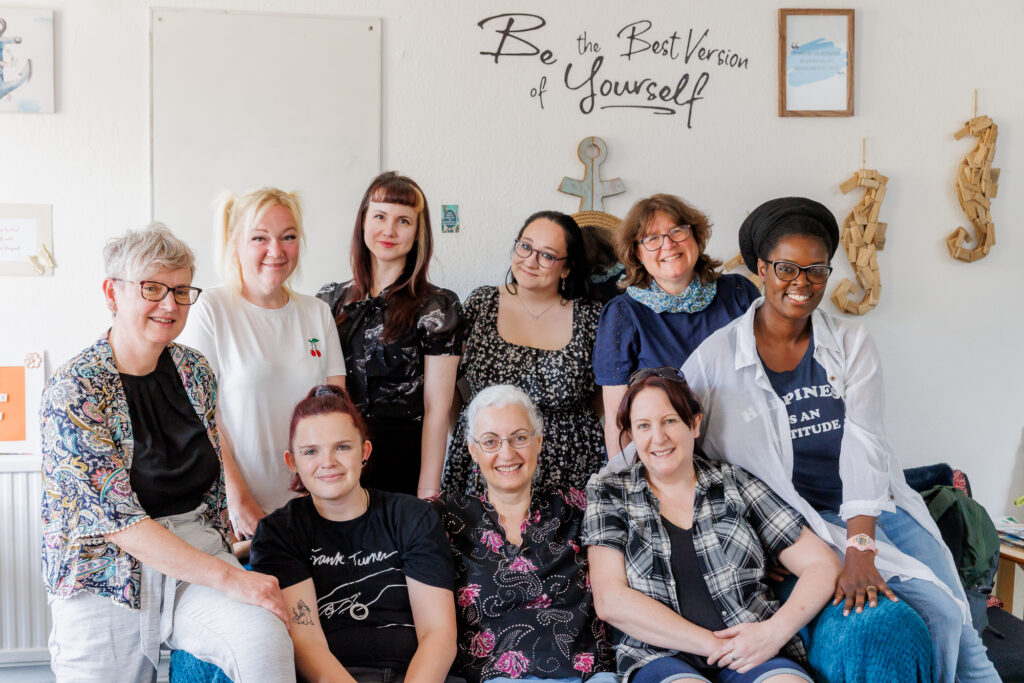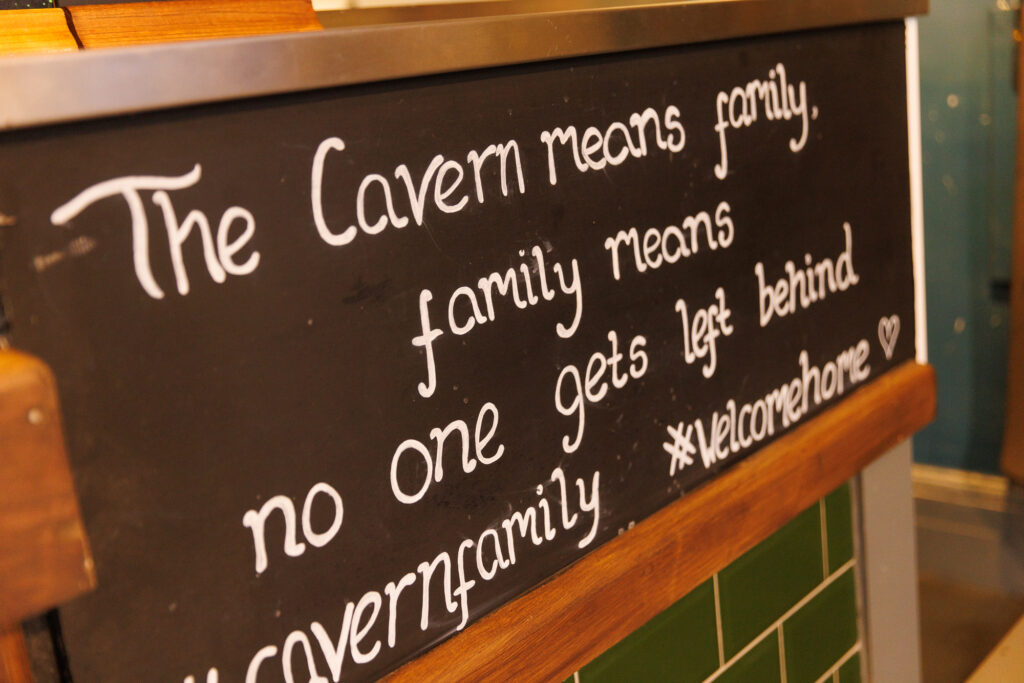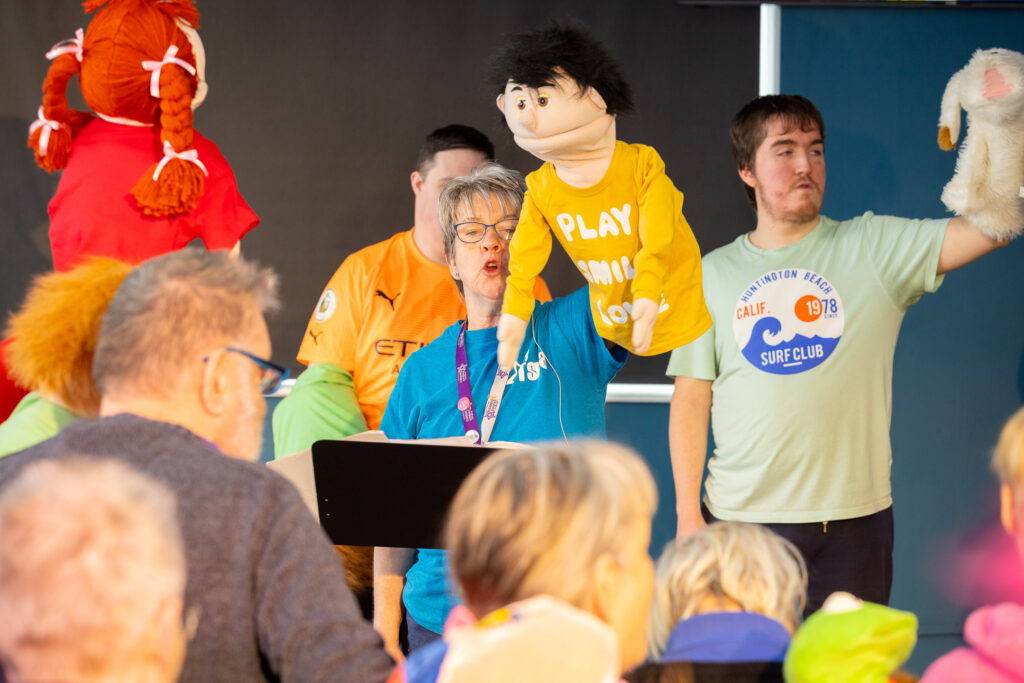I didn’t know what additional needs were, back in the 90s. I mean , I’d heard of dyslexia – it was
about ‘kids who couldn’t spell’, wasn’t it? and, there were other kids who just kept fidgeting or
getting annoyed for no apparent reason. It’s not that hard paying attention in class is it? The
rules are fairly straightforward and the lessons were tolerable, so how hard could it be?? Why
don’t the kids just do as they are told??
Enter, my family!….
All my children are adults now, one with children of their own, and I don’t want to talk about
them specifically because it wouldn’t be fair. However, my journey as a parent, starting in the
90s, was a rollercoaster – the highest of highs (sometimes) and the lowest of lows (more of the
time). I genuinely thought it would be easy to be a mum. I wasn’t exactly the epitome of
motherhood, but I had been a manager, I knew how to manage staff, I knew about training and
motivation, about achieving outcomes. Parenting must use similar skills, surely?
Answer: No. It turns out., you can’t just ‘manage’ your children to adulthood, And yet, many of
the parenting strategies that were peddled at the time were predicated on ignoring the child’s
needs and teaching them to accommodate your requirements. ‘Let them cry until they calm
down, put them on a naughty step so they can consider what they have done wrong, insist on
them sitting still at the table, insist on them looking at you when you are talking to them’, etc.
Now, I will concede that some children survived these methods, but for other children it has
created a foundation of shame and low self esteem.


I used to get frustrated with my children for a variety of reasons, whether it was a chronic
inability to hang up coats, bags and place shoes together, not in a doorway. Or, for crying every
day when they didn’t want to go into class. Or, for not appearing to know what their homework
was, or sometimes whether or not they’d done it. For taking an age to write anything down. Or,
for taking ages to make a decision and then changing their mind. Or, for enthusiastically
dressing up for a non-uniform day as a character and by the time they arrived at school the
costume, and makeup, was gone due to an apparent loss of confidence. The list goes on. All
my children have a high IQ and yet this was not translating into a straightforward life.
At one secondary school parents evening, where parents had to queue up to see teachers, my
husband found himself sitting down as teachers queued to speak to him. It was during this time
that we started to hear phrases like, ‘no effort’, ‘lazy and stupid’, ‘maybe they’d be better at
another school’. We resisted, but couldn’t help thinking there was more to this. So, suspecting
dyslexia, we paid for an assessment. The results were shocking! This bright child was on the
lowest percentile for automaticity, which meant, in dyslexia terms, that when they wrote it wasn’t automatic, they had to think hard about what they were doing. This made it impossible for them to write and listen at the same time – the effort needed for them to have achieved what they had was monumental. This was my real introduction to dyslexia – it wasn’t about not being able to spell. It was about a profoundly different way of processing words that seemed to provoke nothing but criticism and derision from others, and feelings of inadequacy.
I felt like I was waking up. Seeing the world from the perspective of a child’s additional needs.
Honestly, it was heart-breaking. I considered all the things I’d said over the years. Nagging and
disapproving, rather than understanding and exploring useful strategies. Something had to
change.
As my other children received different diagnoses over the years, it’s been equally destabilising.
I just think I’ve got a handle on one set of helpful strategies and then another child needs
something entirely different. The more I learn, the more I realise there is to learn.
- For some children, they don’t know where their body is unless they are moving – imagine how much effort it would take to sit still.
- For some children, information is taken in slowly – imagine the effort it would take to process information if there was a non-stop stream of words coming in.
- For some children they process words and understand concepts really quickly – imagine how frustrating it must be if they don’t move on to something new quickly.
- For some children, sounds or lights, or smells, or taste, or physical sensations are overwhelming.
- For other children, questions have so many answers, it is impossible to select the appropriate response. Where would you even begin?
One of my children has slow verbal processing, and they were constantly trying to keep up with
listening and note-writing, asking their neighbour what the teacher had just said, to be told by
the teacher, regularly, ‘if you were concentrating in the first place you wouldn’t have to ask’ – that child was concentrating hard to exist in that room, and took on the full shame of being criticised for using helpful strategies.


Along with additional needs there is a constant stream of disapproval, questioning of motives,
disappointment, criticism, lack of understanding. Of the children, and of the parents too. As a
parent, I found my primary role was to provide a safe home, a place of understanding and
helpful challenge, and a place where they could be heard. I didn’t always hear well.
Parenting children with Additional Needs is a lonely journey. It is possible to believe that you
are the only family struggling to find strategies that are helpful to live as a functional family. You
are not alone. There is no shame in finding parenting difficult; it can be. Please don’t struggle
on your own. No-one knows the children you are caring for better than you, and at Kingfisher
Treasure Seekers, we offer a 7-session course, to give you time out to consider the needs of
your family and to find strategies that will help you improve your family life. Though I lead this
course now, the material has been life-changing for me and my family.
Gill has been working with parents in Gloucester for 20 years, and facilitates the Care for the
Family Course – Time Out for Parents: Children with Additional Needs. For more information
about upcoming courses, visit our course page on the website.




